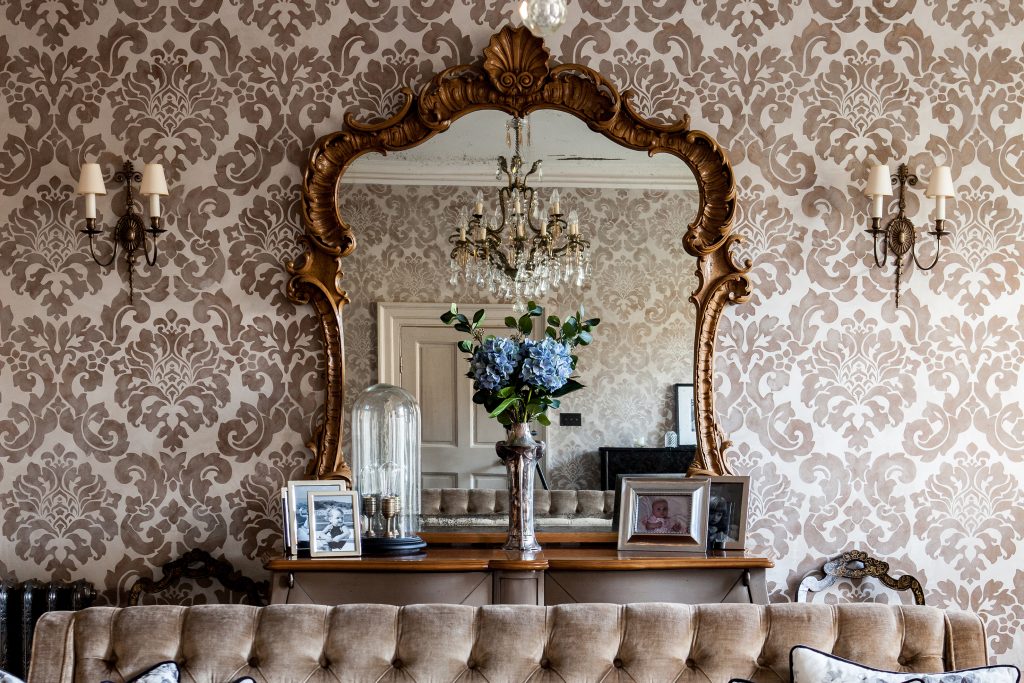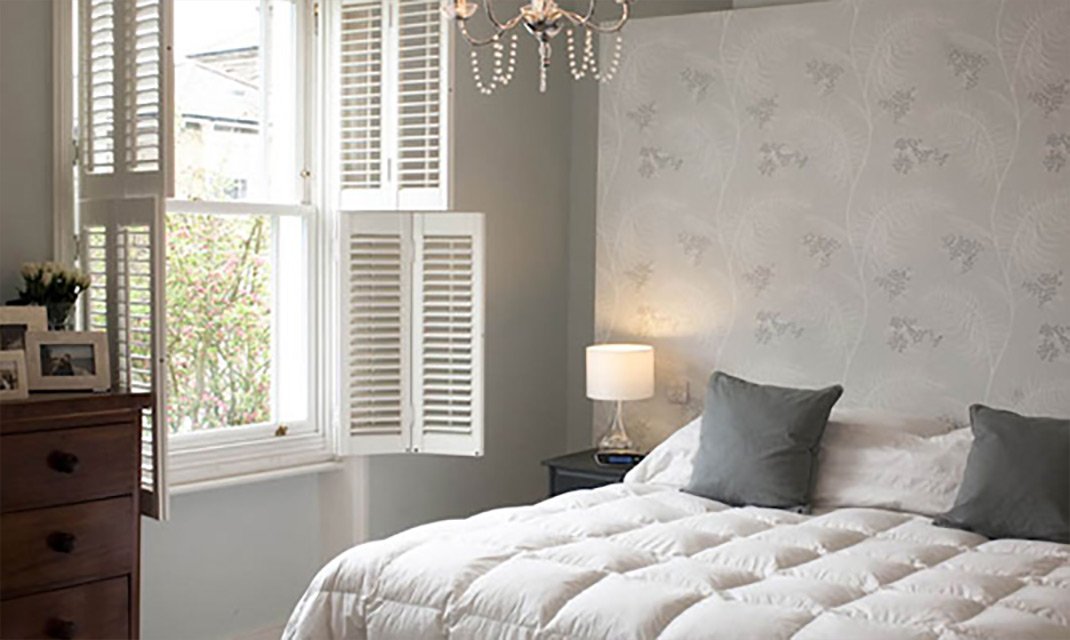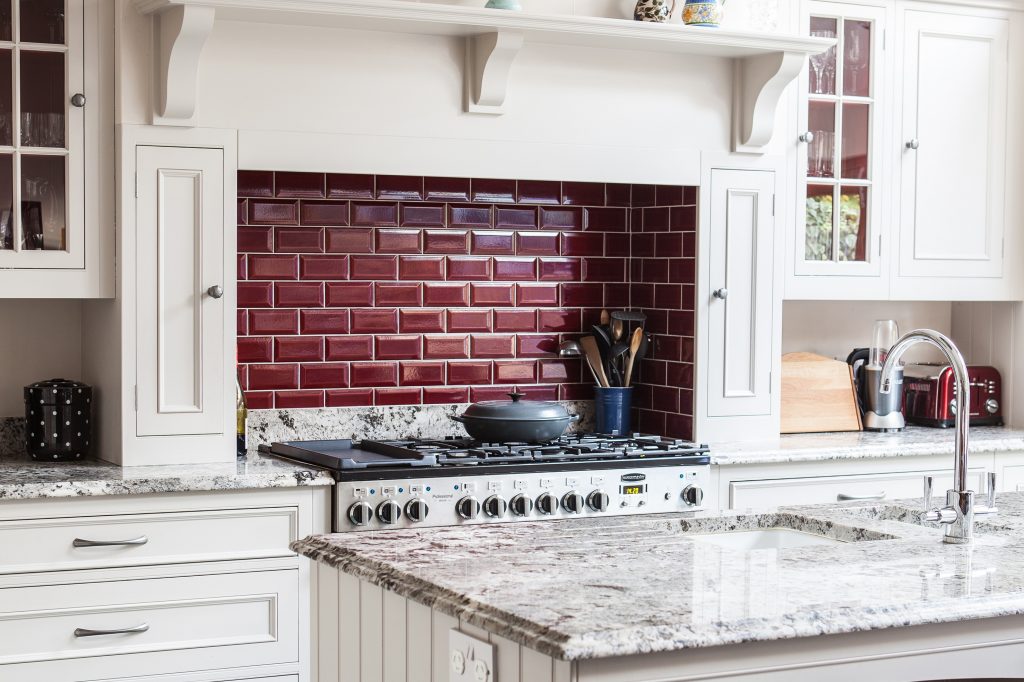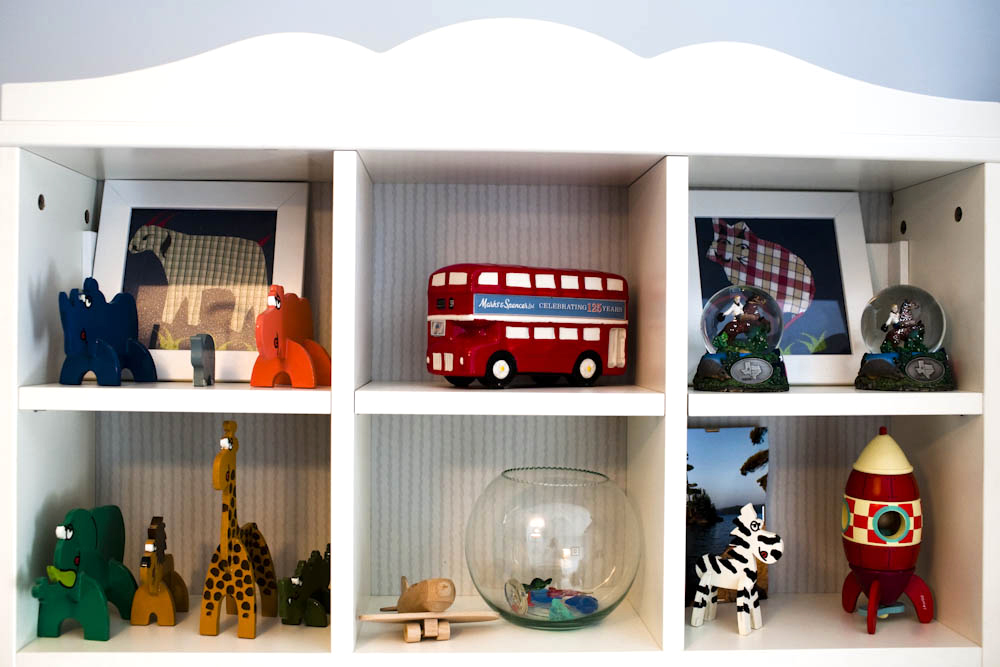Working with an Interior Designer
Find out more about interior designers and how they can help you with your home.
Find out more about interior designers and how they can help you with your home.

There are lots of benefits to working with an interior designer.
Speak to Lisa for 20 mins and learn everything you need to know.
There are lots of aspects of a refurbishment/construction project where an interior designer will be worth their fees.
One of the key skills an interior designer can help you with is to make the most of the space that you’ve got. This is called space planning and it is really important to ensure that all the furniture and fittings in your home are positioned in the most effective way, not just from
an aesthetic point of view, but also from a practical, user-friendly perspective. An interior designer will look at your layout with a fresh pair of eyes and will be able to see the best way to position the furniture and other items.

An experienced interior designer is going to help you come up with interesting ideas. This will give you possibilities that you had not thought of or believed were possible. Interior designers have experience of working with many other people like you. Many also, like myself (KLC
School of Design), are professionally trained in interior design, which will have given them the opportunity to learn about a wide range of interior design concepts, theories and legal requirements as well given them exposure of new ideas and proven solutions.
Ultimately by working with the interior designer of your choice, you are going to benefit from, not only their creativity, but also their experience and expertise. They can either work alongside you to help decipher what can sometimes be quite complicated design decisions and help you really come up with the best design solution for your needs. Or you can rely on them entirely to provide you with an interior design solution that has met your requirements.
It may be that you very busy with work or have other commitments that preclude you from having the time necessary to coordinate the building works, order the materials, choose the finishes and ensure things are on site when they are needed. This is when an interior designer can be invaluable in helping you get from the concept stage of the project to completion.
Especially if they have been involved from the start, they are able to oversee the works on site and ensure that the execution of the project is true to what you have envisaged. They know what you hope to end up with; they know your budget, wish list, priorities and most importantly, you will have built up a relationship with them which enables them to help you achieve your dreams! Many people think that they will be able to ‘take it from there’ and there also may be budget constraints but often, having a professional involved at this stage ensures the project stays on time, in budget and true to original concepts.
Interior designers are trained to help their clients make the most the space that they live, work or play in. They will ensure that the environment in which they spend their lives is designed and executed in the best way it can be.
If you have a big project planned you might be working with an architect, builder or a surveyor or other professionals. Interior designers can work as part of this team. Interior designers are very experienced and used to working as part of a bigger team so they can get involved in different stages of the project, ideally from the very beginning at the initial idea stage, through to project coordination and of course applying the finishing touches.

Whether your project is a complete new-build or a reworking of an existing building, an interior designer will be able to help. Interior designers understand building regulations, they understand building materials and the building process as well as fabrics, finishes and space planning.
A good interior designer understands the importance of getting the bones of the space right.
They are also able to give opinions and share advice on budgets, not only the budget for the interior design element of the project, but also the wider costs associated with materials, a specialist trades or building contractors. That’s because in many instances they’ve worked alongside these other trades. So they will help either coordinate or give an opinion on, progress, how things are looking in terms of time and cost and other deliverables.
Most people associate interior designers with schemes, ideas, layouts and designs, the finishes, and fabrics. But as we’ve just discussed, a really good interior designer can add a lot more value to your project.
Successful interior design projects rely on the close relationship between the client and the designer. Even before you start working with an interior designer, it’s important that you give some thought to your requirements and priorities.
This might be just a very rough list that you’ve written down with your friends and family. It just needs to be a starting point for your conversation with an interior designer. An experienced designer will help to create a formal brief from your notes and from meeting you, detailing out the specific requirements, particular problems that need to be resolved, and of course, taking into account the budget you’re able to allocate to the project.
From this design brief, a designer is able to work the ideas and requirements that you have into a realistic, detailed scope of works for the project, being mindful of how much money you have to spend and any time constraints that you may have. The design brief should detail the plans and elevations which will be provided to illustrate the schemes and layouts which will make the best use of the space. The brief should also include any requirements to specify or design furniture, lighting or any other equipment.

The interior designer will also be able to tell you at this stage if you require the services of an architect or structural engineer or whether what you want to do requires planning permission or other permissions from the council. They will be able to recommend other specialists and tradespeople and help put a brief together for these trades.
Of course, it is quite often the case that you will very excited about your project at this stage and want to start really quickly and finish even more quickly, because you want to use this new space but an interior design project shouldn’t be rushed; it is really important to get it right at this stage. A good interior designer will set out terms and conditions within their Briefing Document so you are completely clear on what to expect.
If you google “interior designer”, you will find a whole range of people offering this service, so it is important to know what you’re looking for. When you are appointing an interior designer, the starting points are qualifications, education and experience.
Do they have any qualifications and what projects have they worked on to date? In my case, I have a KLC Diploma in Interior Design and have been in the industry for nearly twenty years. Read any testimonials that they have.
Of course, it is unlikely that they will advertise any projects that have not gone according to plan. But if you can see genuine testimonials then this is comforting. I would be happy for any prospective clients to contact me should they wish to talk to any previous clients.
Are they a member of an industry body? The main industry bodies in the UK are BIID and SBID. There are merits of both of these industry bodies but both insist that their members have had either professional training or plenty of experience, are insured and adhere to strict codes of conduct.
I am a member of SBID (The Society of British and International Design) which is affiliated to other leading international interior design organisations and supports its members with continued learning and professional development.

An interior designer who has a track record or specialism in the area that you need help with is what you should look for. If you are looking for an interior designer to help with hotel design, you should look for somebody with experience of this type of project. You want to be sure that the person you’re working with has a good interior design portfolio.
It is also really important that you are going to get on with your interior designer. Constructing a new home or being involved in any form of refurbishment has its challenging and stressful moments and it is imperative that you have a good relationship with your designer. Have a look at how their customer describes them by looking at interior designer testimonials. There is no way of guaranteeing this but certainly going with a gut feeling or intuition is a start.
Working with an interior designer means you’re working with a professional and they will charge you for their services in exchange for those professional services. There are various ways that interior designers charge for that time and it’s important that you’re very clear on this.
Traditionally interior decorators would often not charge a fee but mark up considerably on anything they specified. Thankfully the industry is trying to move away from this model and professional interior designers should be much more transparent about how they charge. There are different ways of charging for different parts of the project but here is an indication of how it can work.
As the name suggests, a designer will charge you pro rata for the work they carry out. They will provide a brief and once the contract is in place they will undertake the work and charge you for the time it takes to do this. The hourly rate will vary considerably based on the experience and the skills of that designer.
This is where you accept a fixed quotation from an interior designer for a fixed fee. This gives you certainty about what you will pay and what you will to get, so against the deliverables in the scope of work, you know exactly how much it will cost. This cost is probably based on an estimate by the designer on how much time they will spend on the deliverables but you know the cost up front.
Again some interior designers prefer to charge hourly to ensure that all their time is taken care of. However, it is also common to charge the client a fixed percentage of the cost of the project. If the interior designer is responsible for coordinating the works on site, ie coordinating the main contractor, any other trades and suppliers and procurement, they charge a percentage fee for some / all of these elements. A good interior designer should ensure that their fee is taken into account when scoping the project. Get in contact with me to find out more about my fee structure.